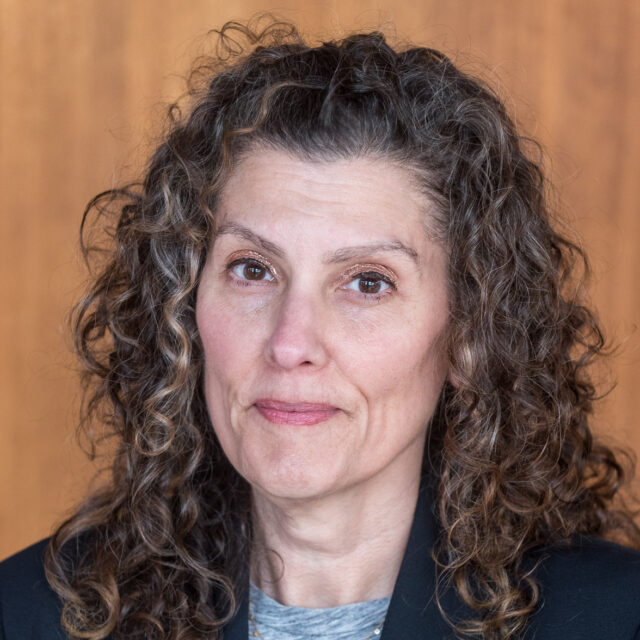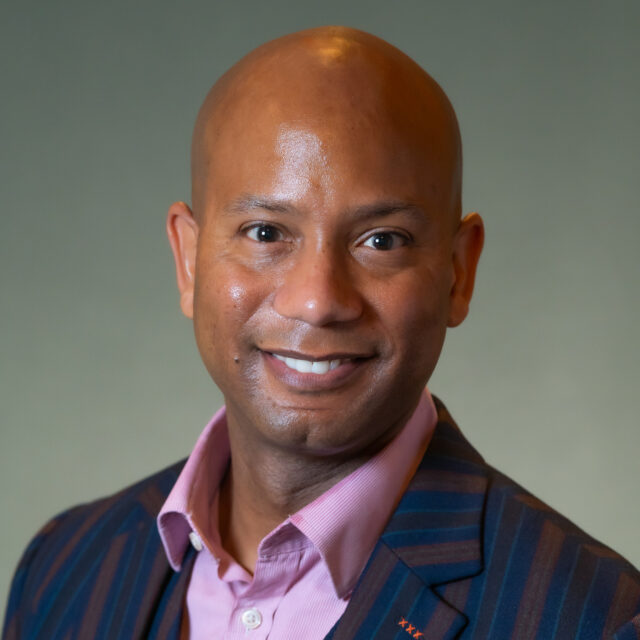The advent of Large Language Models (LLMs), and in particular the release of ChatGPT by OpenAI in November of 2022, has ignited a discourse of the utility of LLMs and other AI tools for addressing a range of social problems. The introduction of these tools into the mainstream of society has significant implications for the mental health field. LLM technologies have been introduced in areas of mental health practice as banal as the transcription and production of session notes and integration with electronic health records to more high stakes applications, such as directly delivering client care. Computer science and engineering have a long time interest in using digital strategies for improving mental health care, while mental health practitioners have not always been early adopters of digital and now AI therapeutic enhancements. Dr. Lauri Goldkind, a public interest technologist, and Dr. Derek Tice-Brown, a behavioral health practitioner, will present examples of AI implementations across the mental health field. They will offer examples from both the provider and client perspectives. Using a conversational format, the pair will debate the benefits and risks of using AI in Integrative Mental Health grounding the conversation in frameworks of social justice and human rights. Topics such as algorithmic bias, the client-worker therapeutic relationship, human connection, service access, assessment, intervention, and service outcomes will be discussed. They will also offer real world examples of how clients are engaging with non-human provided treatments and supports. During the second half of the session, Drs. Goldkind and Tice-Brown will facilitate an interactive discussion with the audience of the utility of our enhanced AI systems for mental health practice, research, and education.
keynote
A Conversation on AI and Mental Health Practice
Provocations and Considerations

